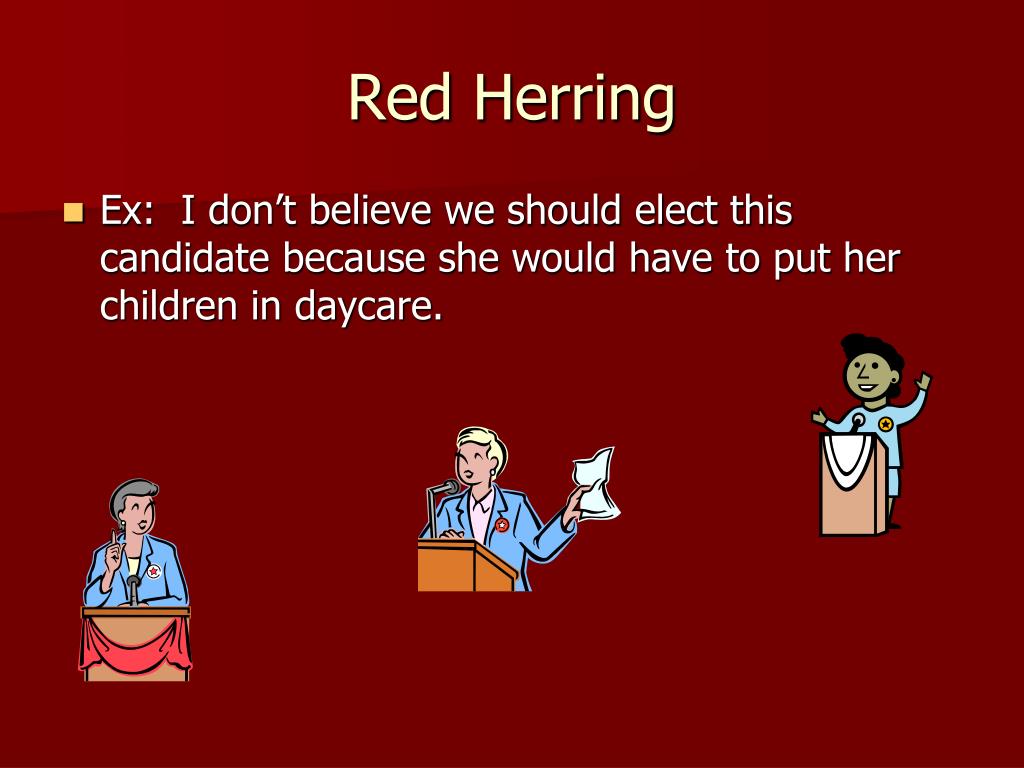
This distills down to philosophical bullying. Reducing each side of a complex issue to two oversimplified outcomes where one is clearly logical and one is not.Įven if there are other clear options in a debate, the False Dilemma demands you to choose between the logical or illogical choice presented by the offender in order to force you to choose a logical position that agrees with them or one that is illogical and extremely horrifying. Leave a comment if you see something I missed or didn’t explain well (or explained incorrectly).Īfter all, thinking is hard. I’m going to do my best to identify these clearly, but understand that some of them are a little confusing and can seem to overlap examples. I hope you find this helpful as we navigate an incredibly important conversation long overdue in the church. I’ve addressed just 6 logical fallacies (and there are many more) here with examples that are more generalized and some that are being represented right now in the online discussion of race in America. It is an error in reasoning that undermines the argument.īeing able to recognize logical fallacies will help you as you navigate difficult conversations online because sometimes the most loving thing you can do for someone is poke holes in a terrible idea that has pointed them down a cruel path.

A logical fallacy does not represent one side of an argument or another. They aren’t bad because I disagree with them. THING, I’ve seen some really bad arguments. With the things happening in our country right now concerning racial divides and the over politicization of EVERY. Even if that means that it is one of your own sheep who is toxic. However, as a pastor, it is our duty to fight off the wolves in sheep’s clothing and protect our flocks from toxic ideas and toxic people. Someone may embarrass us or reveal a weak position we ourselves hold and I think that scares us. I don’t mean you should go looking for trouble, but when you’re confronting bad ideas and poor logic on the internet, rest assured, trouble will come looking for you. So I’ll tackle the thing I’m best at: arguing.
#The red herring fallacy in commercials how to
I could blog for days about how to be Christ-like, but Galatians 5:22-23 covers most of that. There is a great need for pastoral leadership in those digital spaces right now.īut if you take up the call, it means that you’re going to have to know how to make a case and be respectful at the same time while enduring a little more disagreement in your life than you’re used to. Now more than ever, we need the church and its leaders to get involved where the conversations are happening.

You’re going to have to learn how to argue on social media.


 0 kommentar(er)
0 kommentar(er)
